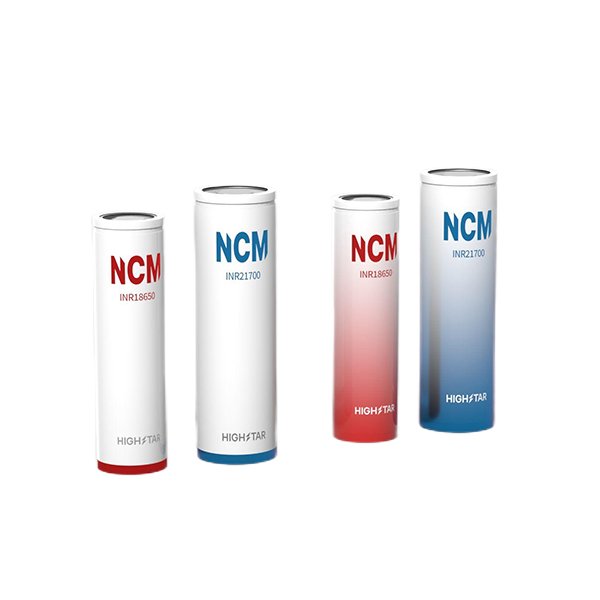In the ever-evolving world of agriculture, the quest for sustainable and effective pest management strategies is a constant. The traditional use of chemical pesticides, while effective in the short term, has been increasingly scrutinized due to its detrimental environmental and health impacts. As a result, biological control - the use of natural enemies to manage pests - has emerged as a superior alternative. This article delves into why biological control is better than pesticides, examining its benefits from environmental, economic, and health perspectives.
- Environmental Sustainability
Biological control is inherently more sustainable than chemical pesticides. Pesticides often have a broad-spectrum effect, indiscriminately killing beneficial organisms along with pests. This disrupts the ecosystem balance, leading to secondary pest outbreaks and resistance development. On the other hand, biological control agents, such as predators, parasites, and pathogens, are often specific to their target pests, preserving biodiversity and ecosystem integrity. Furthermore, biological control is a renewable strategy, as these natural enemies can reproduce and continue their pest control function without additional human intervention.
- Economic Efficiency
While the initial cost of implementing biological control may be higher than pesticides, its long-term economic benefits are substantial. Pesticides require repeated applications, which can be costly over time. In contrast, once established, biological control agents can sustain their population and continue to suppress pests, reducing the need for repeated investments. Moreover, biological control can enhance crop productivity by improving soil health and pollination, further increasing its economic value.
- Health Implications
The use of pesticides has been linked to various health issues, including cancer, neurological disorders, and hormonal disruption. Biological control, however, poses minimal health risks. As it relies on natural enemies rather than synthetic chemicals, it reduces the exposure of farmers and consumers to harmful pesticide residues. This not only safeguards human health but also ensures the production of safer, cleaner food.
- Regulatory Compliance
With the tightening of pesticide regulations worldwide, farmers are facing increasing challenges in accessing and using chemical pesticides. Biological control, being a more environmentally friendly option, is generally more favorably viewed by regulatory bodies. Adopting biological control can therefore facilitate regulatory compliance and market access, particularly for export-oriented producers.
- Resilience to Climate Change
Climate change is posing unprecedented challenges to pest management. Pests are expanding their geographical range and increasing their population due to warmer temperatures. Pesticides may not be able to keep up with these changes due to resistance development. Biological control, however, can offer a more resilient solution. Natural enemies can co-evolve with their target pests, ensuring their continued effectiveness even under changing climatic conditions.
In conclusion, biological control offers a more sustainable, economically efficient, health-friendly, regulatory-compliant, and climate-resilient solution to pest management than pesticides. As we strive for a more sustainable future, it is crucial to harness the power of nature and integrate biological control into our pest management strategies.


